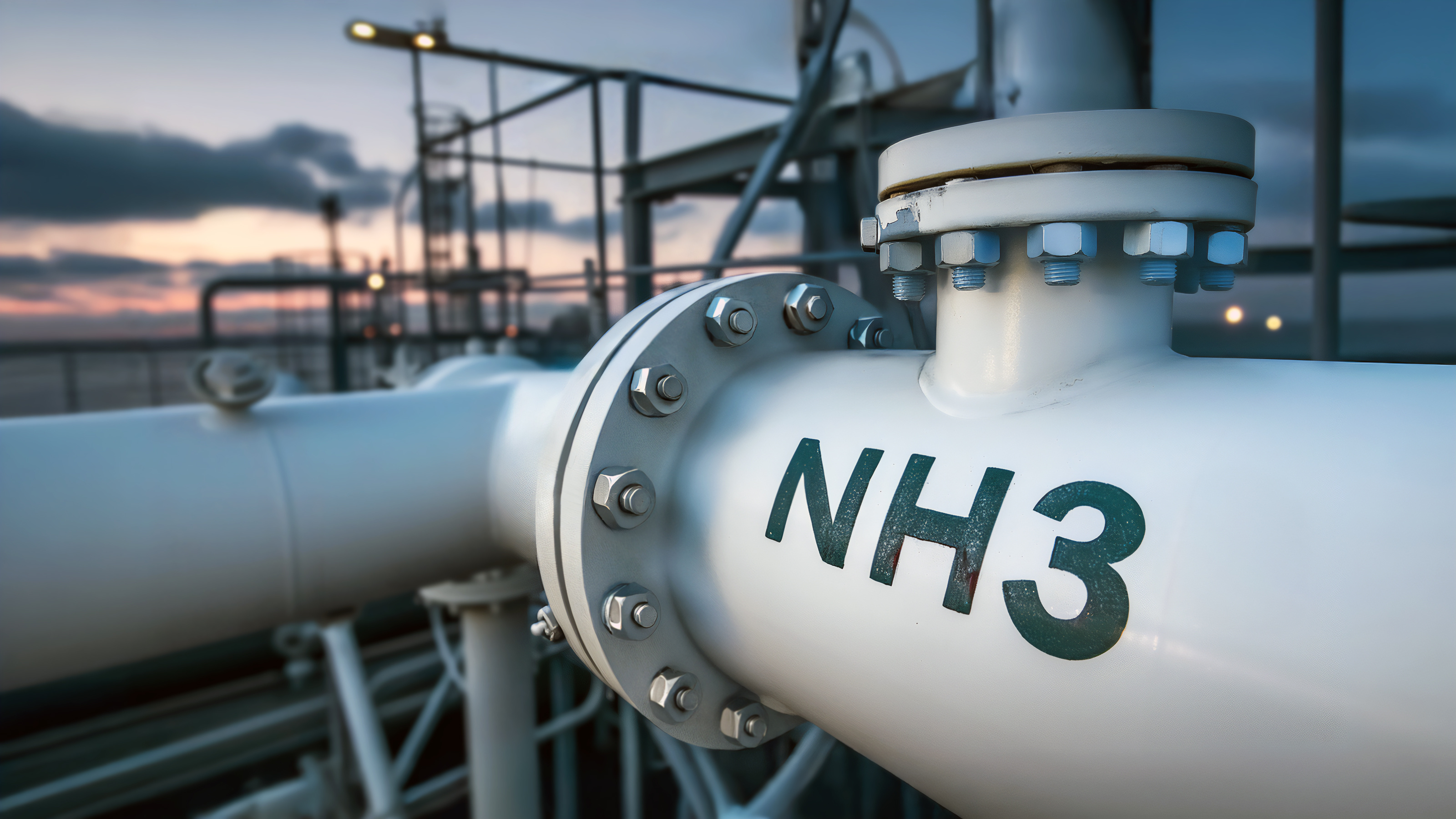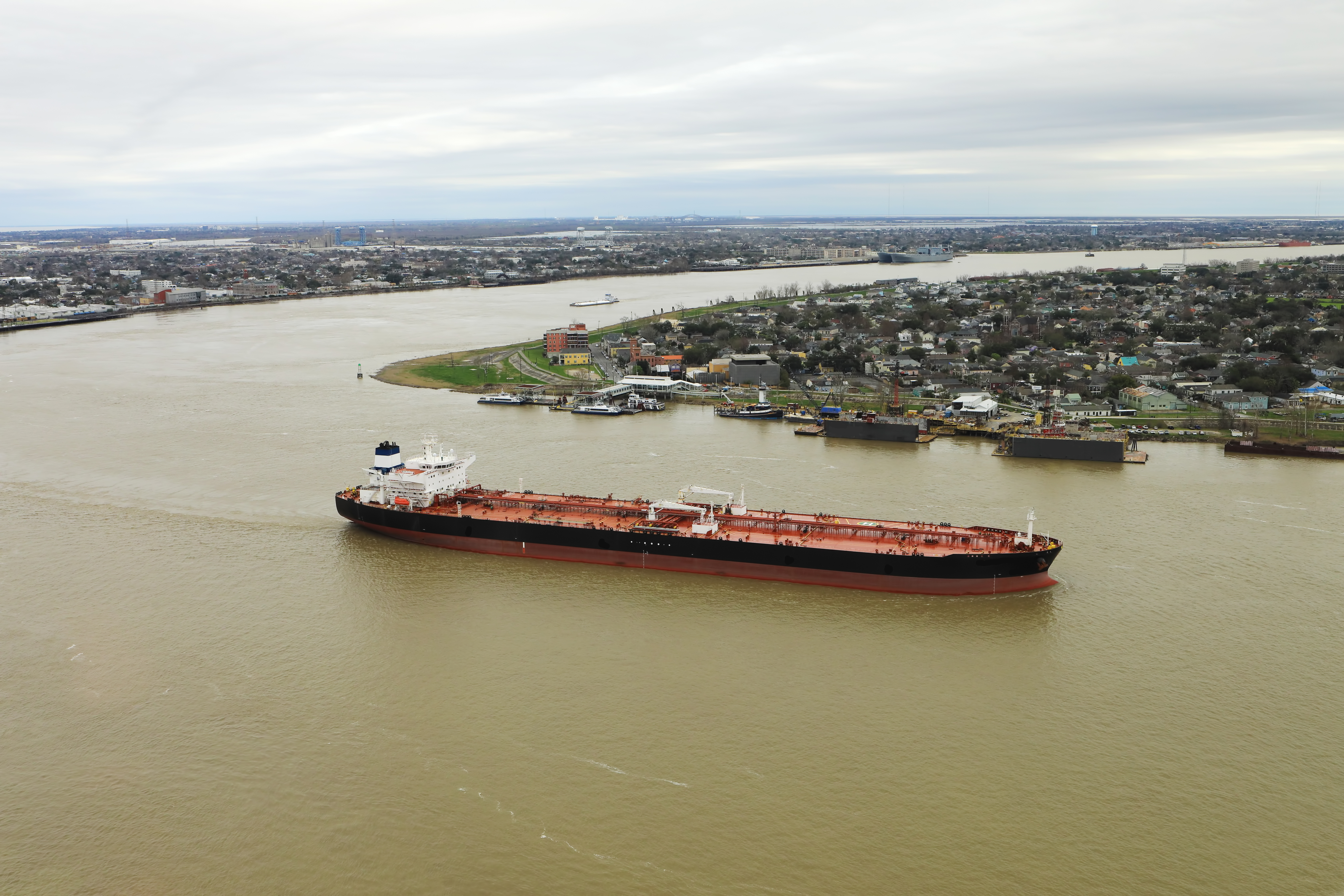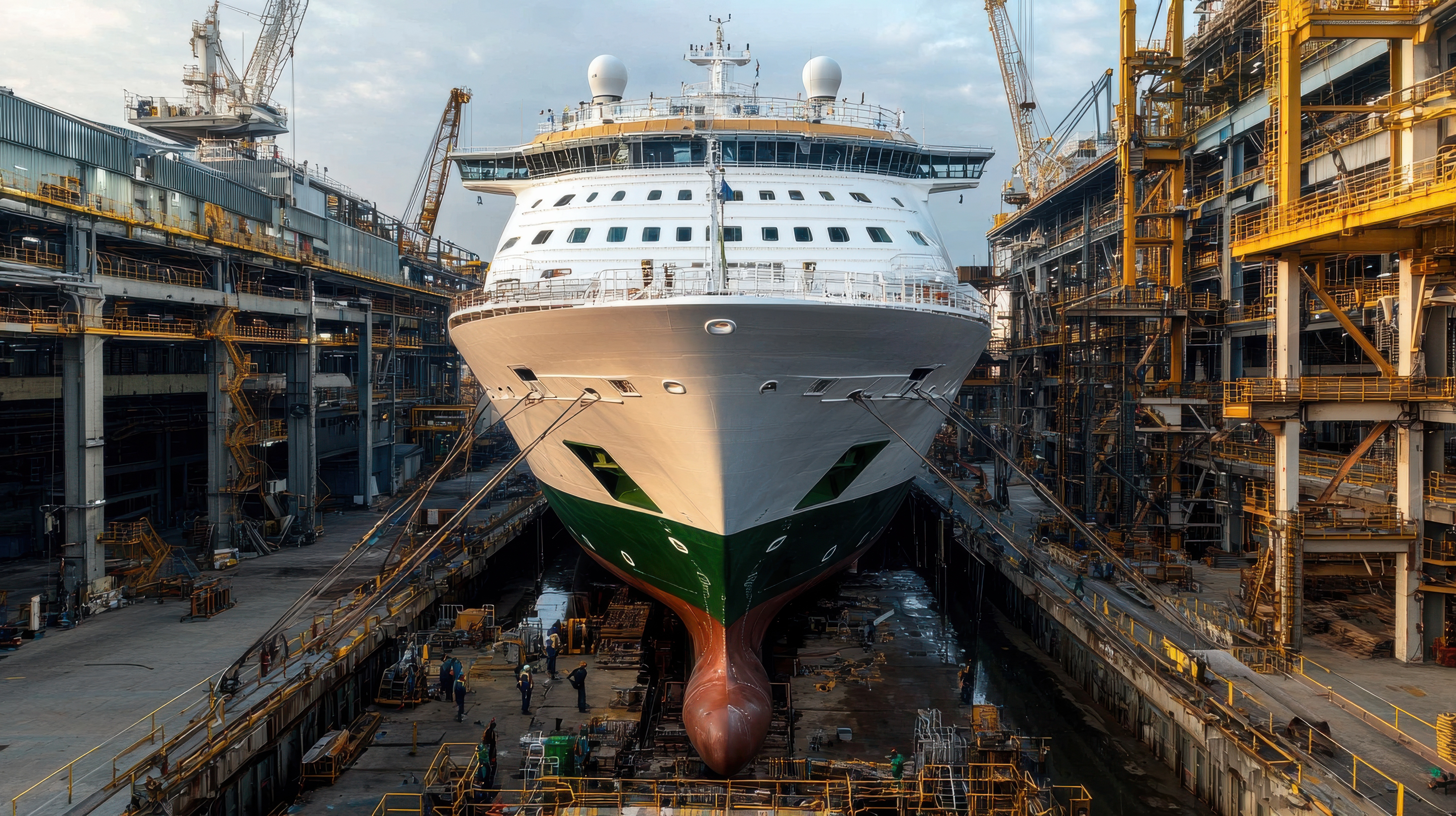Comparison of the Oil Pollution Act 1990 and the Civil Liability Convention 1992.
Table I | OPA 90 | CLC 92 |
Liable parties | Owner, operator, bareboat charterer, or a third party whose sole action causing pollution damage | Registered owner (operator, manager, charterer are protected from being sued under the CLC or domestic law unless pollution damage was caused by his willful misconduct – so-called channeling clause or channeling mechanism) |
Complete defense | Act of war (must be the sole cause of the spill) Act of God (must be the sole cause of the spill) | Act of war (no requirement on “sole cause”) Act of God (no requirement on “sole cause”) |
Conditional defense | Act of a third party, only if RP exercised due care and took precautions against foreseeable act of third party. | Act of a third party (must be the sole cause of the spill) Government negligence (must be the sole cause of the spill) |
Loss of defense | RP loses defense if he fails to 1)report a spill, 2)cooperate in response, 3)follow USCG orders | No |
Limits of liability | 3,700/gt for single hull tankers (minimum $27,422,200 for tankers over 3,000 tons and $7,478,800 for small tankers and barges under 3,000 tons) 2,300/gt for non-single hull tankers (minimum $19,943,400 for tankers over 3,000 tons and $4.985,900 for small tankers and barges under 3,000 tons) 1,200/gt for nontank vessels (minimum $997,100) |
|
Test for breaking limitation | Gross negligence or willful misconduct; Violation of a federal safety, construction, operation regulation; or Failure to 1) report, 2) cooperate, 3) follow USCG Order | “Personal act or omission, committed with the intent to cause such damage, or recklessly and with knowledge that such damage would probably result” |
Scope of application | Apply to spills or threats of spills occurring within EEZ by all types of vessel, all types of oils | Spills or threat of spills occurring within EEZ of a contracting State from a tanker constructed for carrying persistent oil in bulk as cargo |
Damages recoverable | - Cleanup costs - Property damage, - Economic loss consequential on property damage - Pure economic loss (eg. From hotel owner etc) - Natural resources damages - Natural resources damages assessment costs - Loss of subsistence use of natural resources | - Cleanup costs - Property damage, - Economic loss consequential on property damage - Pure economic loss (eg. From hotel owner etc) - Reasonable costs of restoring the damaged environment |
Relationship with other law | No pre-emption over State law (see chart on States laws for details on liability levels) | CLC preempts other law: no claim for compensation for pollution damage may be made against the owner otherwise than in accordance with the CLC. No claim for compensation for pollution damage under this Convention or otherwise may be made against operator, manager, charterer (including bareboat charterer) etc. (Art.III.4) |
Notes: Under OPA, a “third party” excludes an employee or agent of the responsible party or a third party whose act or omission occurs in connection with any contractual relationship with the responsible party.
Last updated: 25. 08.20





